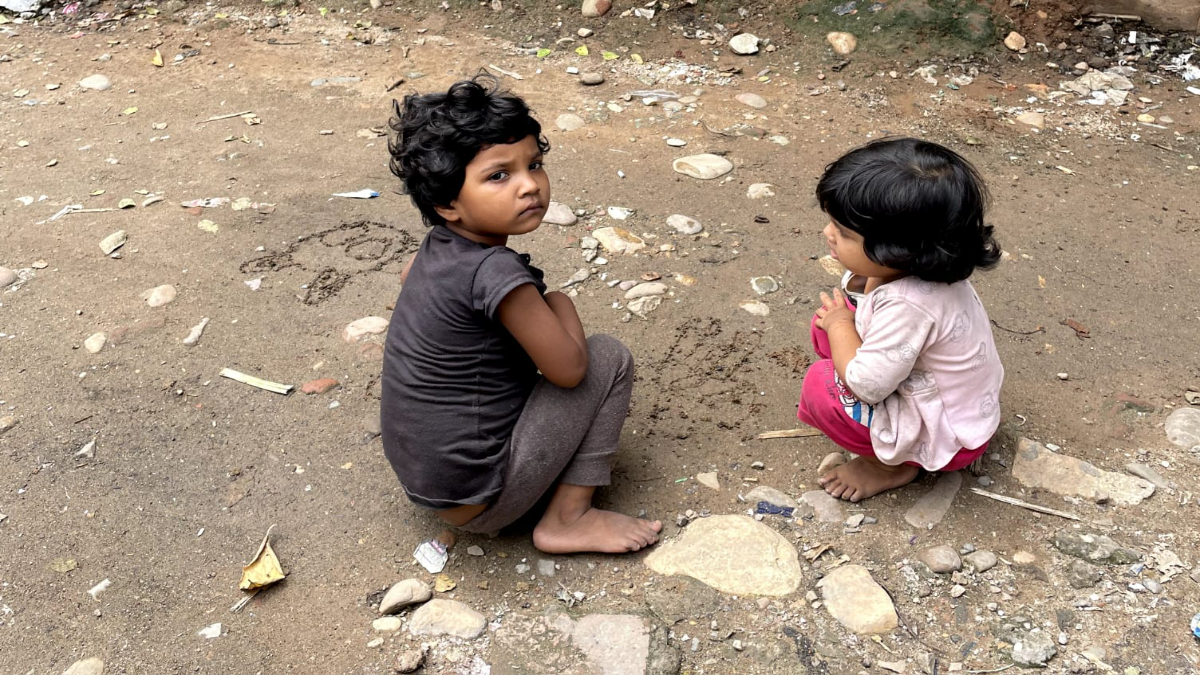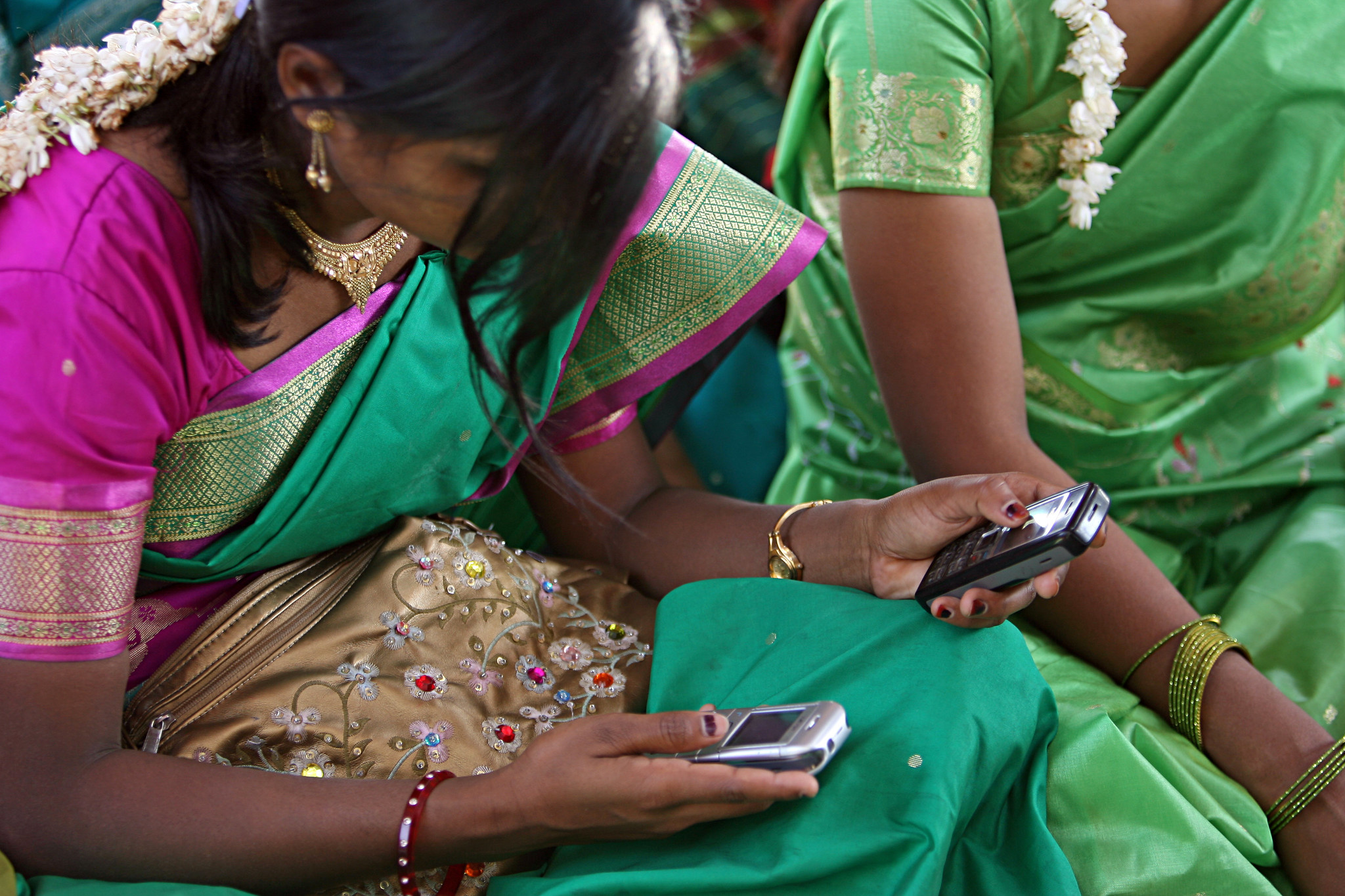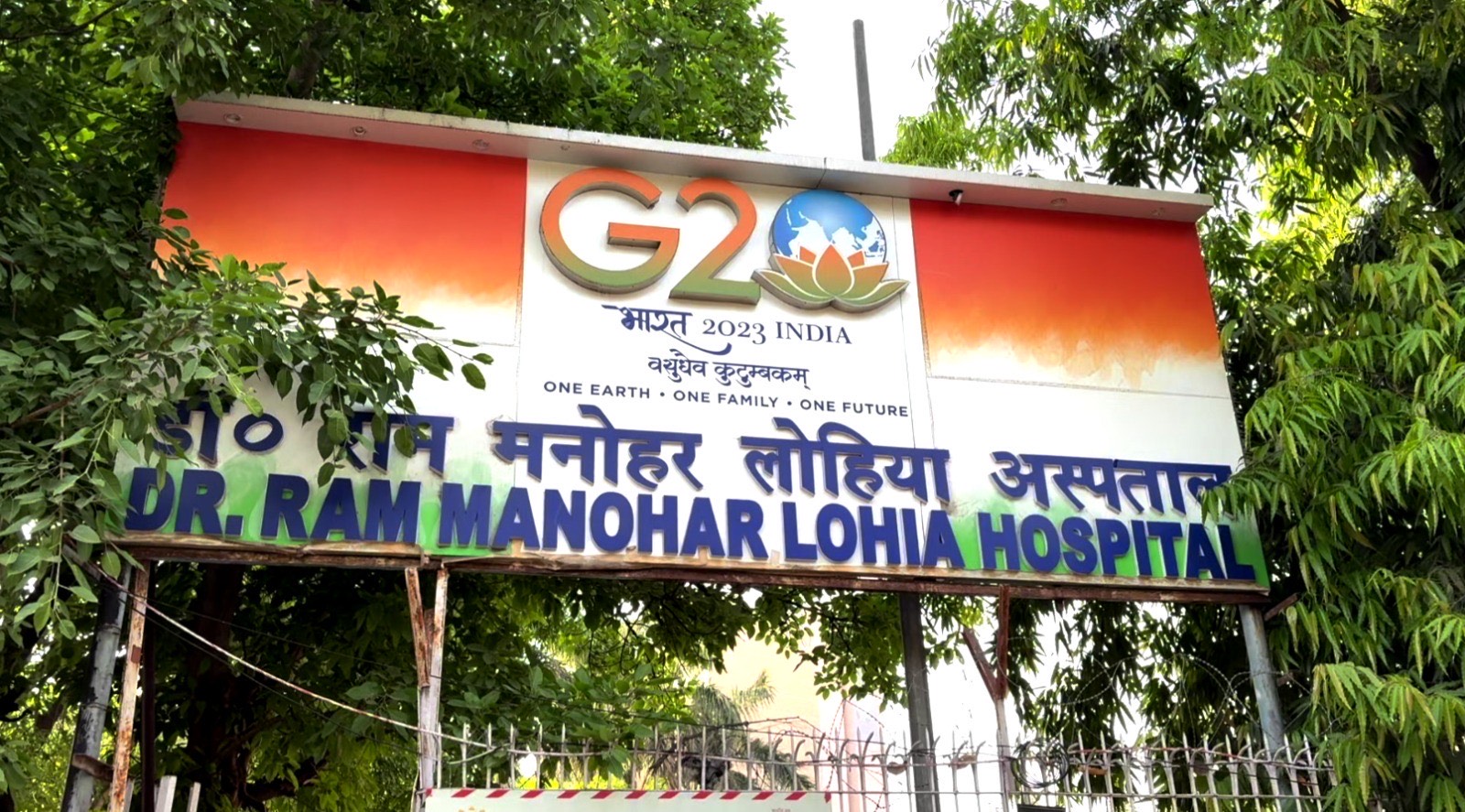In the heart of the bustling slums at Bathindi, Jammu, lies a poignant scene: a small, weathered room constructed from rusty tin sheets, decorated with tattered clothes and blankets. Within this humble space stands a solitary whiteboard, the focal point of a community teacher who passionately leads a group of students, their voices echoing in the rich tones of the Burmese language.
This setting embodies the resilient spirit of the Rohingya refugee children striving to uphold their cultural heritage amidst challenging circumstances. Among them is Ruksana, a nine-year-old with aspirations of becoming a doctor. Her dreams remain intact despite living in a temporary residence in Jammu, where her family sought refuge after fleeing from deadly violence in their homeland. However, their low income as laborers in Jammu makes it difficult to afford Ruksana’s education.
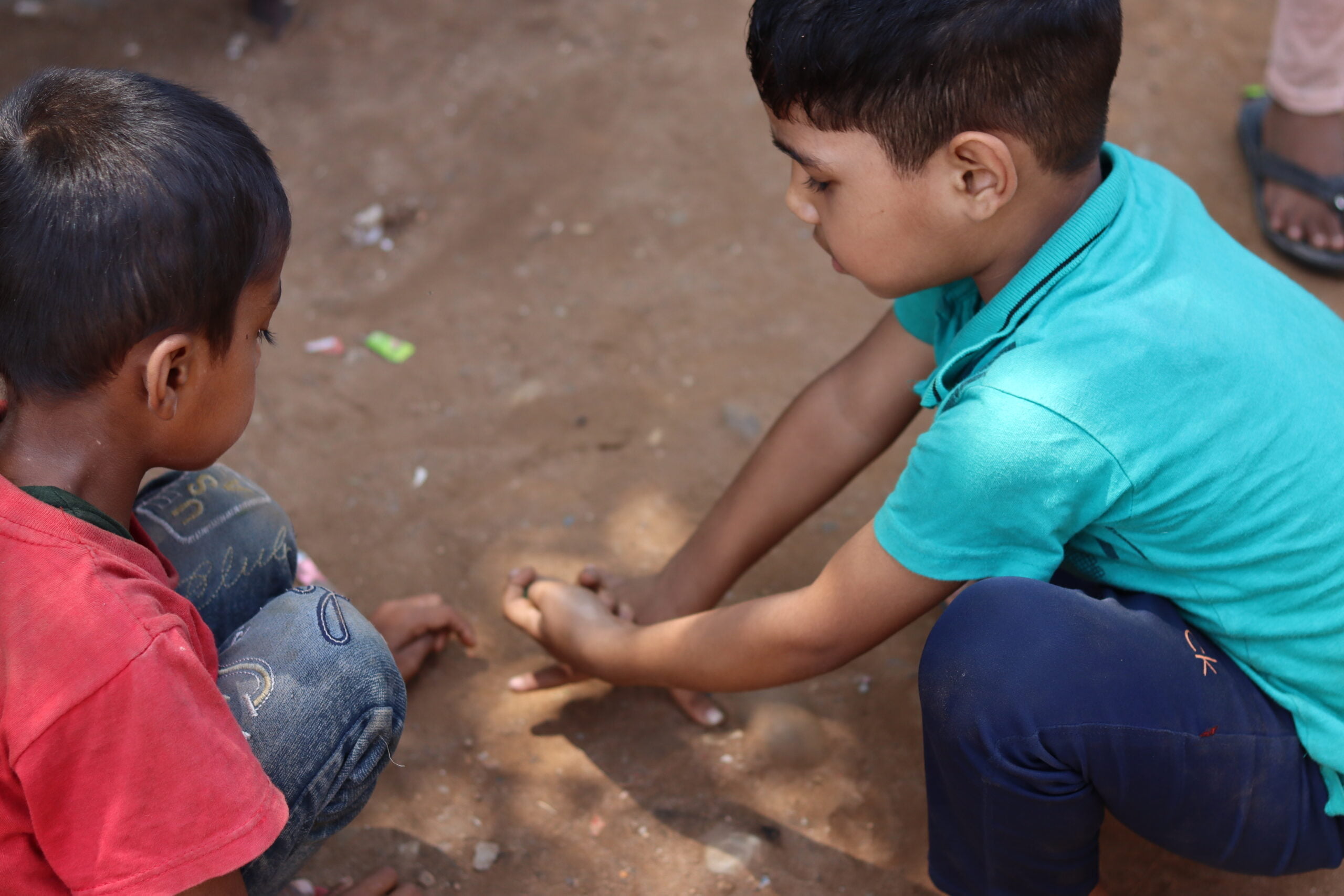
Similar aspirations echoes in the story of Hussain, a 19-year-old aspiring to become an Indian Administrative Service (IAS) officer. Hindered by his refugee status, he grapples with the reality of his dreams apparently out of reach. Hussain was fortunate to enroll in a government school with the aid of NGOs, yet he faces a crossroads between pursuing his ambitions and seizing opportunities abroad through scholarships.
Despite these hardships, community leaders have taken initiative, establishing community schools to preserve the Rohingya language and culture.
Despite these hardships, community leaders have taken initiative, establishing community schools to preserve the Rohingya language and culture. These makeshift schools serve as vital hubs where dedicated teachers, like Mohammad Riyaz, pass on their native language to the next generation, ensuring its continuity far from their homeland.
Ruksana says, ‘I attend our community school to preserve my native language, ensuring I never lose touch with my roots. Our teachers educate us just like other schools, but I dream of having our own school with chairs instead of sitting on the floor. When I see students from other schools in proper uniforms, enjoying large buildings and playgrounds, I yearn for similar facilities to experience a true student’s life. Affording a pencil or notebook is a challenge, but learning our mother tongue is a precious gift our teachers impart to us, and that makes us happy.’
The ongoing struggle within this community seems unending, Numerous children possess ambitious aspirations that often seem just out of reach. Despite this, individuals like Hussain hold onto hope, relying on helping hands to pave a path for scholarships abroad to pursue higher education. Hussain, at nineteen, aspires to secure a scholarship overseas, not only to further his studies but also to uplift his community. He dreams of becoming a beacon, inspiring others to strive for progress within their community.
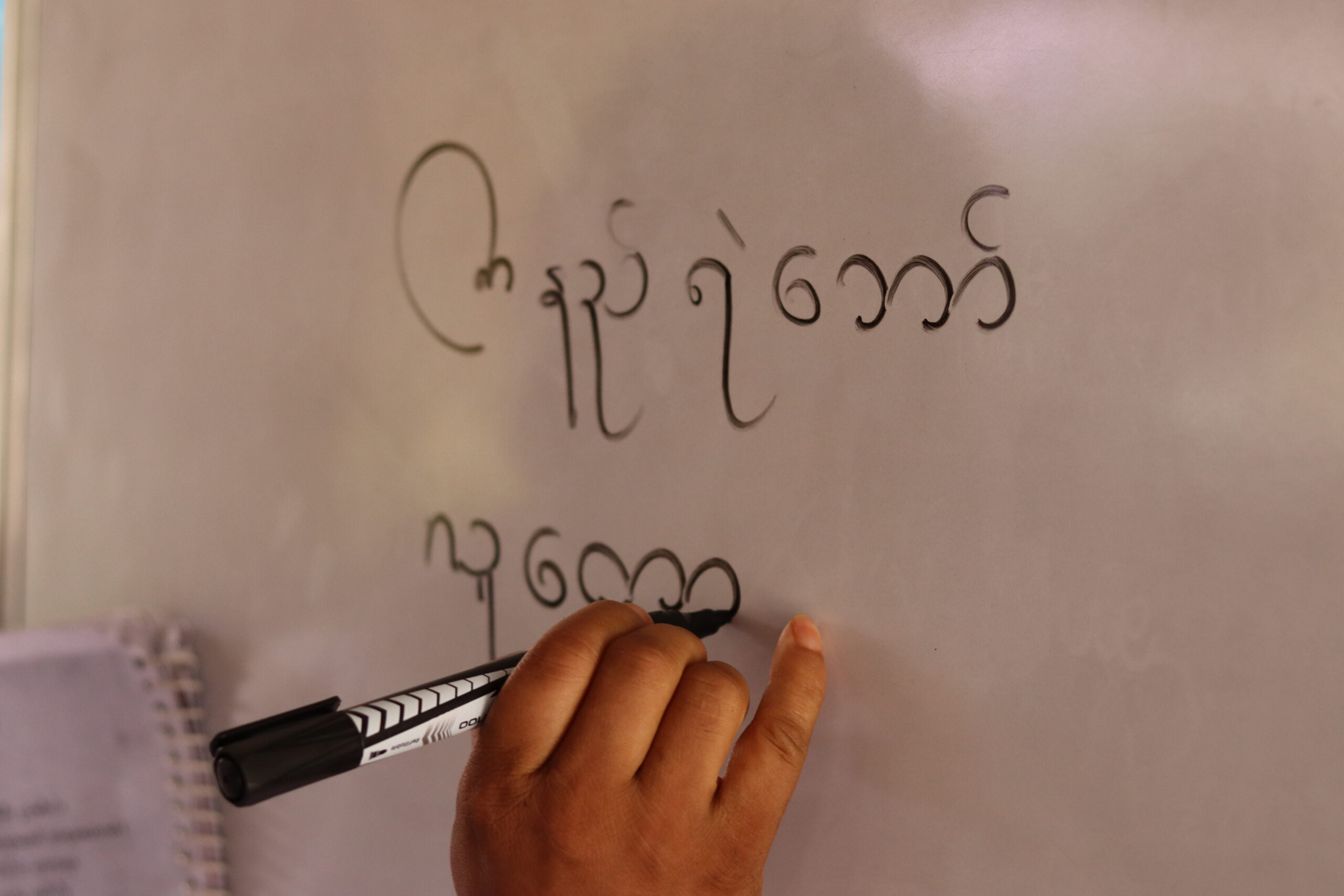
‘I once dreamed of becoming an IAS officer, but my refugee status hinders me from taking the necessary exams. I somehow managed to complete my schooling, and now I’m eagerly seeking a scholarship abroad for higher studies. The weight of being a refugee is immense, always under scrutiny, with many in our community facing incarceration. Growing up in such an environment takes a toll on mental health. Despite these challenges, we continue in our objective of learning. Community schools are trying their level best, but NGOs have turned their back for some reasons. Yet the absence of formal education is palpable. It’s disheartening to witness local students in uniforms and proper schools, while we long for the same luxuries. We’re struggling to get by, barely making enough to cover expenses.’ Says Hussain.
Humanitarian support withdrawn: Impact on Rohingya children’s education
The NGOs, previously a guiding light offering relentless support to this community, have shifted their position, ceasing their assistance to these individuals. At the same time, schools have started rejecting Rohingya children’s admissions, worsening their situation.
On wishing anonymity one NGO official said, ‘In the initial phase, we supported these children by helping them join different government schools, providing essentials like books, uniforms, and covering their fees. The school authorities collaborated with us in this effort. Additionally, community schools played a vital role in preserving these children’s cultural heritage, ensuring they held onto their language if they were to return to their home country. Unfortunately , we’ve been instructed to halt our assistance due to intense scrutiny and pressure, compelling us to withdraw our aid.’
NGOs are hesitant to help for two main reasons: they don’t have enough money, and the government is closely watching those who support this community.
NGOs are hesitant to help for two main reasons: they don’t have enough money, and the government is closely watching those who support this community. But despite this, community teachers keep working hard to help kids stay connected to their language and culture.
Empowering Rohingya identity: community teachers upholding language and education
A dedicated teacher named Mohammad Riyaz spends his time inside a small makeshift shed, devoted to teaching students their native language. His commitment to preserving their language proves instrumental in aiding newborns to learn and embrace their mother tongue.
Mohammed Riyaz said, ‘We’ve witnessed both good and challenging times as a community. It wouldn’t be fair to deprive our children of an education. Over a hundred students attend our school in these temporary settlements. We focus on teaching basic English letters and our native language, using visual aids to help them recognise different shapes. Our primary aim is to keep the children involved in these activities so they can compete equally with others in the future.’
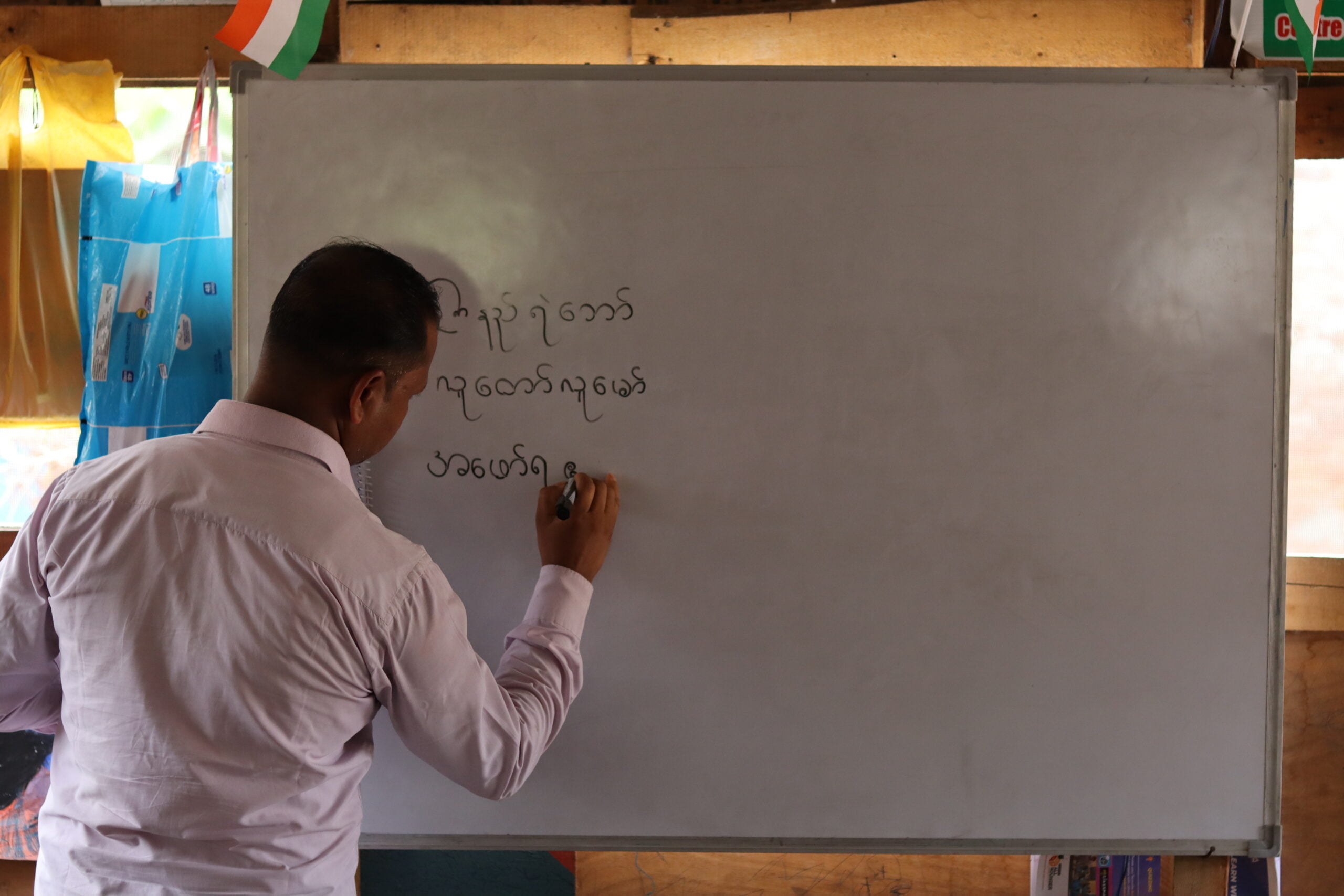
This community faces rising hardships daily, with each day bringing fresh challenges. Despite the ongoing education provided by community schools, the dreams of becoming professionals like officers or doctors remain out of reach for many.
Riyaz continues says ‘More than 600 students are enrolled in diverse community schools across Rohingya refugee camps located in Jammu. Although a few students show exceptional abilities, their chances to explore further are constrained. Collaboratively, community teachers and educated youths work together to provide essential education to others. Keeping knowledge to oneself is unfair; it should be transmitted to the upcoming generation. Even if we eventually return to our homeland, we aspire to return enriched with knowledge, not regretting wasted time. Despite ongoing challenges, we’re adjusting to cope with these difficulties.’
Yet, numerous Rohingya refugee children can be observed wandering the streets of Jammu, carrying substantial bags of plastic items to sell and earn money. These children lack educational opportunities, facing a challenge in balancing their studies while their families expect them to contribute financially and stay connected with education.
These children lack educational opportunities, facing a challenge in balancing their studies while their families expect them to contribute financially and stay connected with education.
Shaheena, a 45-year-old mother with two children attending the community school, expressed, ‘We can’t bear to watch our children constantly playing in the streets, exposing them to unfamiliar surroundings. These community schools keep our kids occupied, learning new things, especially manners. We lack the means to enroll them in private or government schools; meeting their basic needs, including food, is a struggle for us. As refugees in this country with very little, we’re doing our utmost to preserve our language.’
Education crisis in Jammu: Rohingya refugees face admissions barriers and resource scarcity
Rohingya refugees residing in Jammu experience severe difficulties, especially educated students who lack avenues for progress. Assistance from various sources has ceased, leaving them without help. Obtaining books and covering school fees have become extremely challenging. Moreover, schools in Jammu have refused admission to Rohingya children, adding to their daily struggles. This prolonged suffering has heightened parental worries.
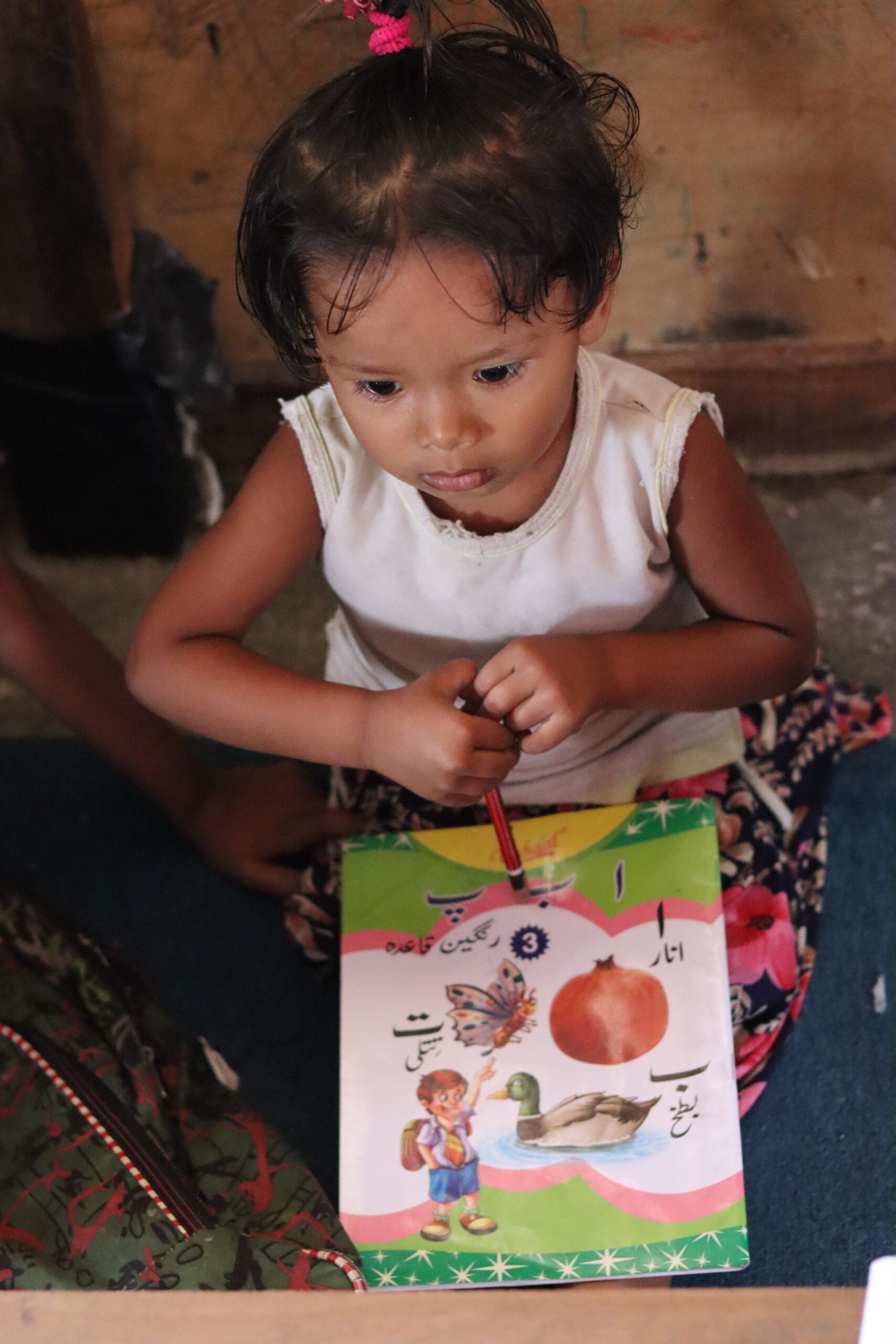
On wishing anonymity, a community leader said, ‘As a community leader, it deeply troubles me to witness the discriminatory treatment directed at our community, making us feel like outsiders. Schools in Jammu offer various reasons to refuse enrollment for our students, sometimes using the excuse that their children aren’t comfortable with ours. It’s clear they don’t want our children in their midst. Previously, United Nations High Commissioner for Refugees (UNCHR) scholarships supported girls’ education by granting a 2,000 rupee allowance for supplies, but that support has vanished. We’ve grown disheartened, expecting little aid and facing tougher times here than in Myanmar. Our escape for a peaceful life seems to have led us to an unending struggle.’
Meanwhile he continues ‘Despite closed doors for Rohingya children, our community schools persist in ensuring they receive an education. It’s their basic right; they should at least be able to read their names. While we might not offer the best education, we refuse to let them go uneducated. We’ll persevere in this pursuit, ensuring our children have access to education, even if we must create those opportunities ourselves.’
Upholding hope and education amidst refugee struggles in Jammu
Rohingya refugees are enduring a challenging life. Students struggle as they’re unable to attend schools that refuse admission, and previous sources of aid have withdrawn support. However, community teaching serves as a lifeline, allowing these vulnerable children to preserve their language and heritage. Community-based education has emerged as their means to build resilience in the face of adversity. Their determination is unwavering, and the students remain optimistic for brighter days ahead.
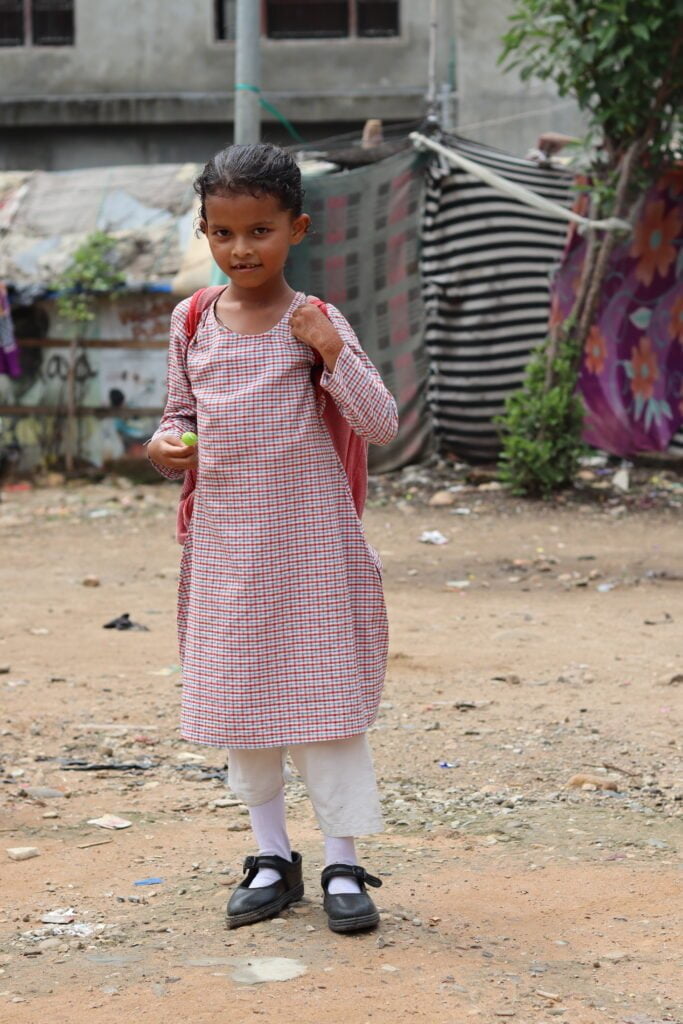
‘We’re holding onto hope that brighter days are ahead. This challenging time feels like an exam, but we’re determined to pass it together, supporting one another along the way. Our unity will guide us to peaceful days.’ Says Hussain.
Ruksana also expressed her compassionate intent to provide medical care to mothers and sisters, aiming to prevent them from having to beg for treatment.
Ruksana also expressed her compassionate intent to provide medical care to mothers and sisters, aiming to prevent them from having to beg for treatment.
‘I want to learn how to help sick people in my community. When I see someone not feeling well, I feel for them. I’ve noticed that some people don’t get treated the same in hospitals. I want to help make things better for them.’
About the author(s)
Mashkoora Khan is an independent journalist in India. Her work focuses on Human Rights, Health, Gender, Environment, and Conflict. Her work has been featured in The Indian Express, Feminism in India, The Wire, and Maktoob, among other local and national publications.
